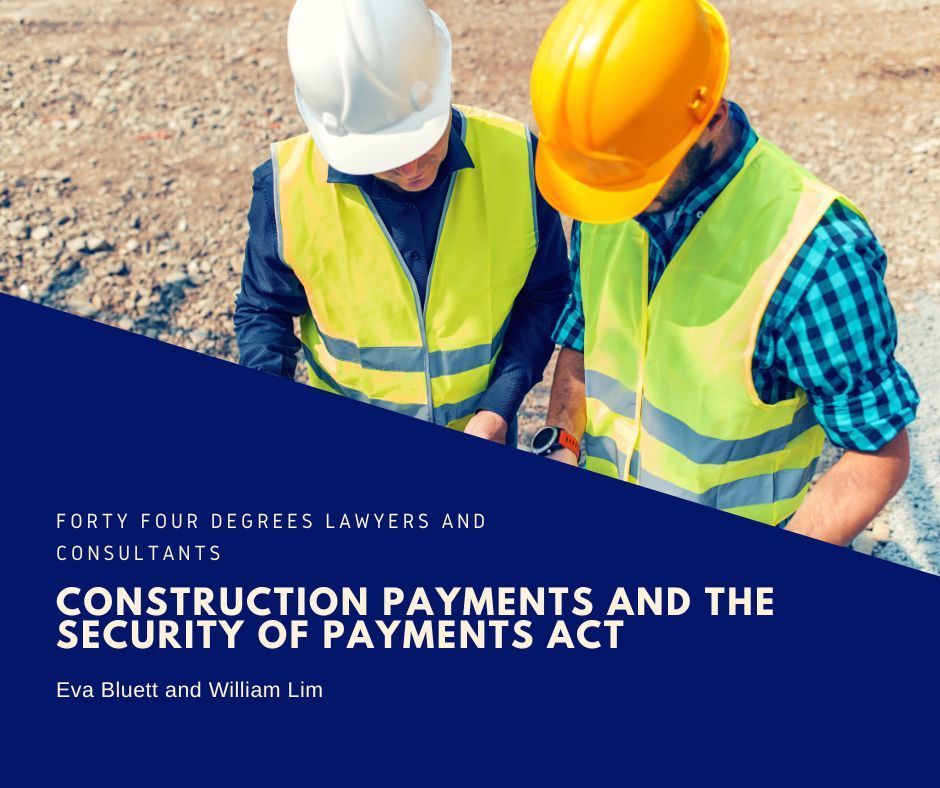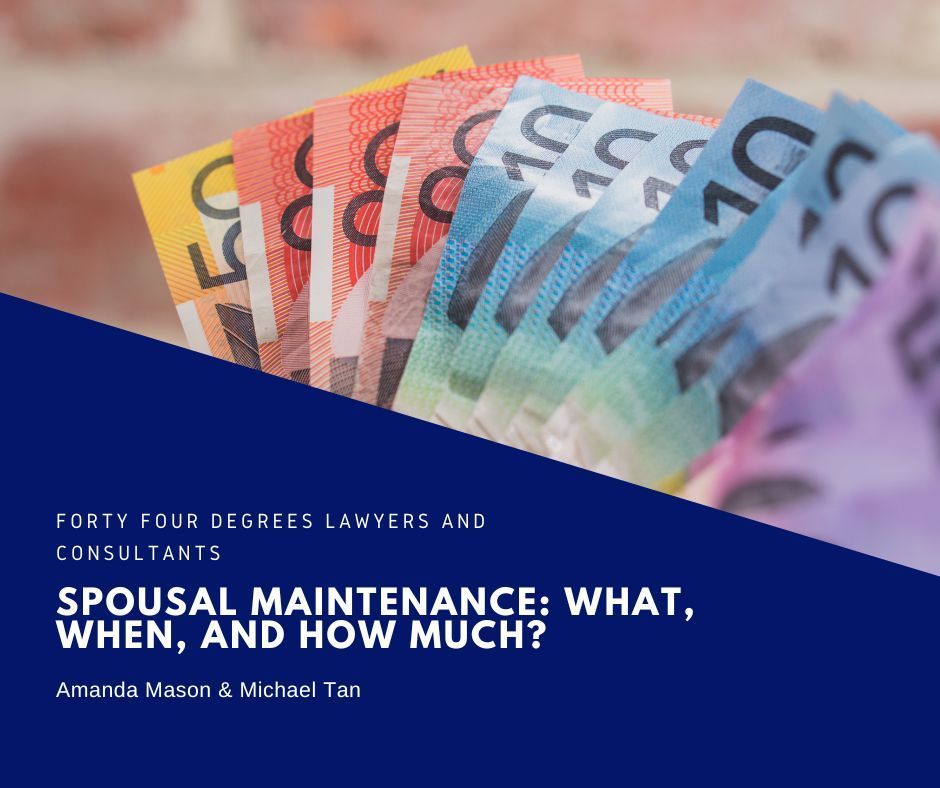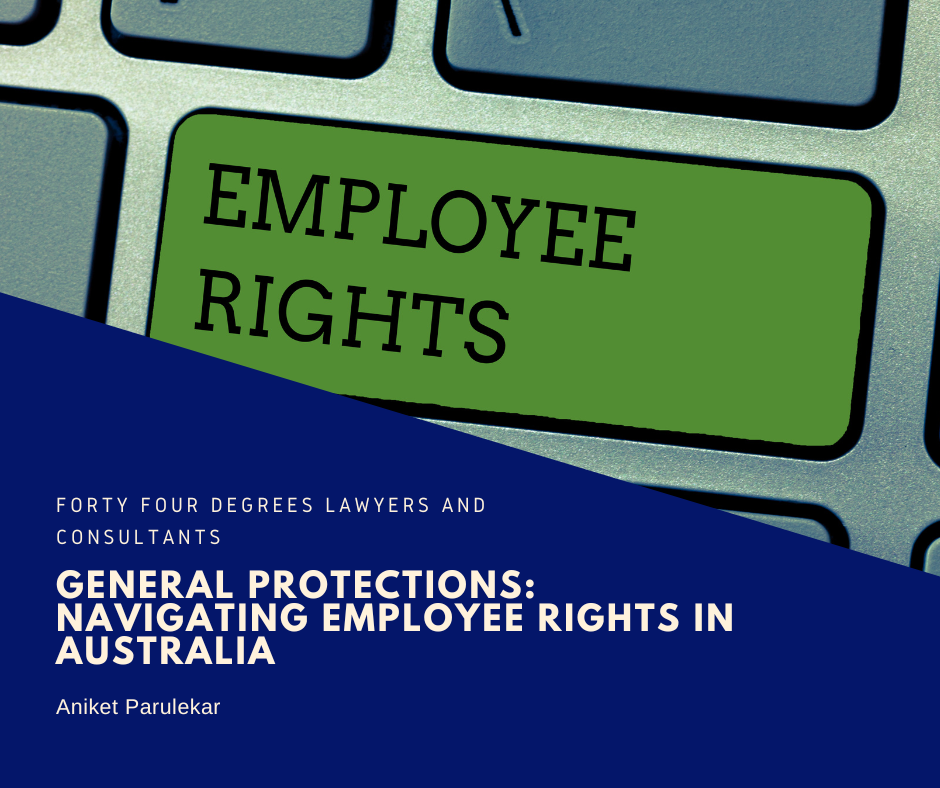Property Law and Emerging Technologies
Kenny Tran & Nicholas Tzimourtas • May 04, 2021
A brief guide

Blockchain technology & property
In a quickly advancing technological era, security is very important in protecting your data and ultimately, your assets. Whilst people may think that blockchain technology can only be applied to the world of crypto-currencies and intangible assets, the reality is that it can be applied to real property as well. Blockchain is an example of technology that can provide a high layer of security to information, by utilising unique hash values and networked transactions, and is promoting a fast moving and safe globalised method of exchanging a variety of assets, not just cryptocurrency.
How does blockchain work?
Simply put, blockchain is a unique database, in that the way it stores its data is highly complex and secure. It does this by storing data in blocks which are chained together. When new information is fed into the "database", it is stored in a block with a capacity limit. When the block reaches capacity, it is chained to the next block of data. The data blocks are time stamped and creates a permanent data series - essentially a permanent timeline.
Land title data storage and blockchain
The current Australian land transfer system uses the Torrens title system which is arguably quite reliable and secure. The Torrens title used a paper-based registry which recorded land dealings on a piece of parchment called a "Certificate of Title". The paper system was effective in recording land registration, but chaotic in administration.
In 2016, all paper certificates became superseded by electronic certificate of titles (eCT) held in electronic databases.
Blockchain has the potential to be used in a system of transacting assets such as land ownership, which can provide great benefits such as:
• Greater accuracy, certainty, and security as blockchain transactions cannot be easily manipulated.
• Permanent transaction history for each land dealings with time stamps.
• Highly transparent database system whereby all information is accessible by participants of the network. Thus, the need to conduct further due diligence and obtain historical searches are not necessary in a blockchain system. As a result, hidden conveyancing costs experienced in today’s current property markets are likely to reduce with the introduction of blockchain.
• Positive environmental impact in the lessened use of paper and plastics.
• Potential to spurn a new wave of technology based education and employment.
Despite Australia's currently effective land registry system, there is potential for blockchain technology to penetrate the property market and change the way that we deal with land registrations.
Buying or selling property using Blockchain
From a purely consumer perspective, blockchain can revolutionise the way that we buy and sell property. Similarly, to the way we trade Bitcoin and Ethereum, property trading may one day be conducted solely online in similar fashion.
The benefits of such trading are that the transfer of land can be integrated within a blockchain land title registration system. The use of blockchain technology to engage in such transactions would also minimise transaction fees in buying and selling property. In addition, we could autonomise property auctions via this online trading, arguably, creating greater competition in property trading.
Arguments have been made that trading via blockchain is more secure and accurate than current practices. It may be a quicker trading method, which means settlement could occur instantaneously. This may one day help avoid delayed settlements and penalty interests as a consequence.
Finally, blockchain trading for real property is a highly transparent and an easy trading platform, which also has the capacity to facilitate international transactions for real property at the touch of a button.
Nick Tzimourtas
is a lawyer at Forty Four Degrees practicing in Wills, Estates, and Family Law.
Contact Us
We’re an Australian Law Firm promoting a nuanced, personal touch. We have the skills you need to resolve your case quickly and with a positive outcome. Our straight talking team stays close to simplify what is most often a complicated process. We help individuals and businesses with technology and startup law, property law including conveyancing and leasing, commercial law, civil litigation, wills, estates, bankruptcy, insolvency, criminal law, and professionals facing investigations and charges from their regulatory body.
We have a connected network of talented lawyers in Melbourne CBD, Dandenong, Ballarat, and Ivanhoe East.
Fill out the form or call us on 1300 892 237.
Thank you for contacting us.
We will get back to you as soon as possible
We will get back to you as soon as possible
Oops, there was an error sending your message.
Please try again later or call us on 1300 892 237.
About Us
We do business your way.
203/ 50 Market St, Melbourne VIC 3000
50 Lydiard St South
Ballarat Central VIC 3350










